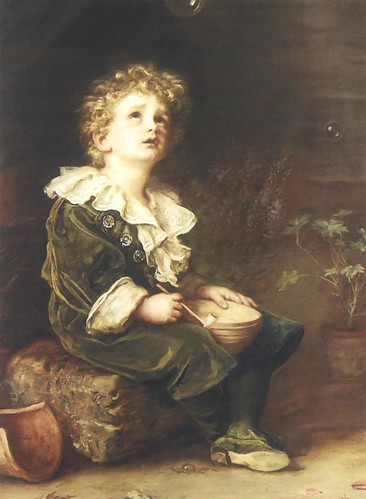Went to the records office at Chichester today. Nothing too dramatic but some interesting stuff. Three things really, all from family correspondence:
(1) A description of the death of William Druitt, Sr. in a letter from his daughter Georgiana ("Georgie," Montague's sister) to her Aunt Isabella in London (Uncle Robert's wife).
(2) Letter from Ann Druitt, Montague's mother, to the same Isabella Druitt, her sister-in-law. The date is unclear but it appears to be 9th May 1888. The year is definitely 1888. I should be able to check it out for sure from certain references in the letter. The important thing here is that Montague's mother was capable of writing a lucid letter, rather matter-of-fact, to her sister-in-law at a time when she was supposedly mentally ill and was, in fact, about to enter an asylum. This is important as it may speak to the nature of Montague's apparent illness.
(3) A letter from Thomas Druitt, another of Montague's uncles, in Australia to Isabella Druitt dated 27th February 1889 contains the following sentence: "We have the sad news about poor Montague. It came first from Christchurch & I saw the particulars in the Dorset County Chronicle afterwards." Nothing significant but it is interesting.
Also, a charming letter from Charles Druitt (later Rev. Charles) to his sister Katherine (who would die in 1887 at the age of 28) when Charles was about 18 and apparently studying in Germany and Katherine was about 7 and times were much happier for the Druitt family. It reminds us that these were real people just as we are:
"My Dear Katherine,
And I was very glad to have your nice letter about Bubbles and Birthdays. Have you “blone severrall” more of them. Please blow one for me and send it in a letter, because I would rather like to see it. I hope you are also very well. It is rather curious here, for when a brother writes to a sister, or vice versa, or when any relations talk to one another, they always say Thee and Thine, like Quakers. Will you please tell me the name of that sort of stuff people eat, which is cut and has butter or jam put on it, and is sometimes brown and sometimes white? It is very dreadful not to be able to remember what bread is in English. ….
(Concludes with)
I remain your slave for ever and ever and ever, &c &c. "
(1) A description of the death of William Druitt, Sr. in a letter from his daughter Georgiana ("Georgie," Montague's sister) to her Aunt Isabella in London (Uncle Robert's wife).
(2) Letter from Ann Druitt, Montague's mother, to the same Isabella Druitt, her sister-in-law. The date is unclear but it appears to be 9th May 1888. The year is definitely 1888. I should be able to check it out for sure from certain references in the letter. The important thing here is that Montague's mother was capable of writing a lucid letter, rather matter-of-fact, to her sister-in-law at a time when she was supposedly mentally ill and was, in fact, about to enter an asylum. This is important as it may speak to the nature of Montague's apparent illness.
(3) A letter from Thomas Druitt, another of Montague's uncles, in Australia to Isabella Druitt dated 27th February 1889 contains the following sentence: "We have the sad news about poor Montague. It came first from Christchurch & I saw the particulars in the Dorset County Chronicle afterwards." Nothing significant but it is interesting.
Also, a charming letter from Charles Druitt (later Rev. Charles) to his sister Katherine (who would die in 1887 at the age of 28) when Charles was about 18 and apparently studying in Germany and Katherine was about 7 and times were much happier for the Druitt family. It reminds us that these were real people just as we are:
"My Dear Katherine,
And I was very glad to have your nice letter about Bubbles and Birthdays. Have you “blone severrall” more of them. Please blow one for me and send it in a letter, because I would rather like to see it. I hope you are also very well. It is rather curious here, for when a brother writes to a sister, or vice versa, or when any relations talk to one another, they always say Thee and Thine, like Quakers. Will you please tell me the name of that sort of stuff people eat, which is cut and has butter or jam put on it, and is sometimes brown and sometimes white? It is very dreadful not to be able to remember what bread is in English. ….
(Concludes with)
I remain your slave for ever and ever and ever, &c &c. "



 Sink the Bismark
Sink the Bismark
Comment